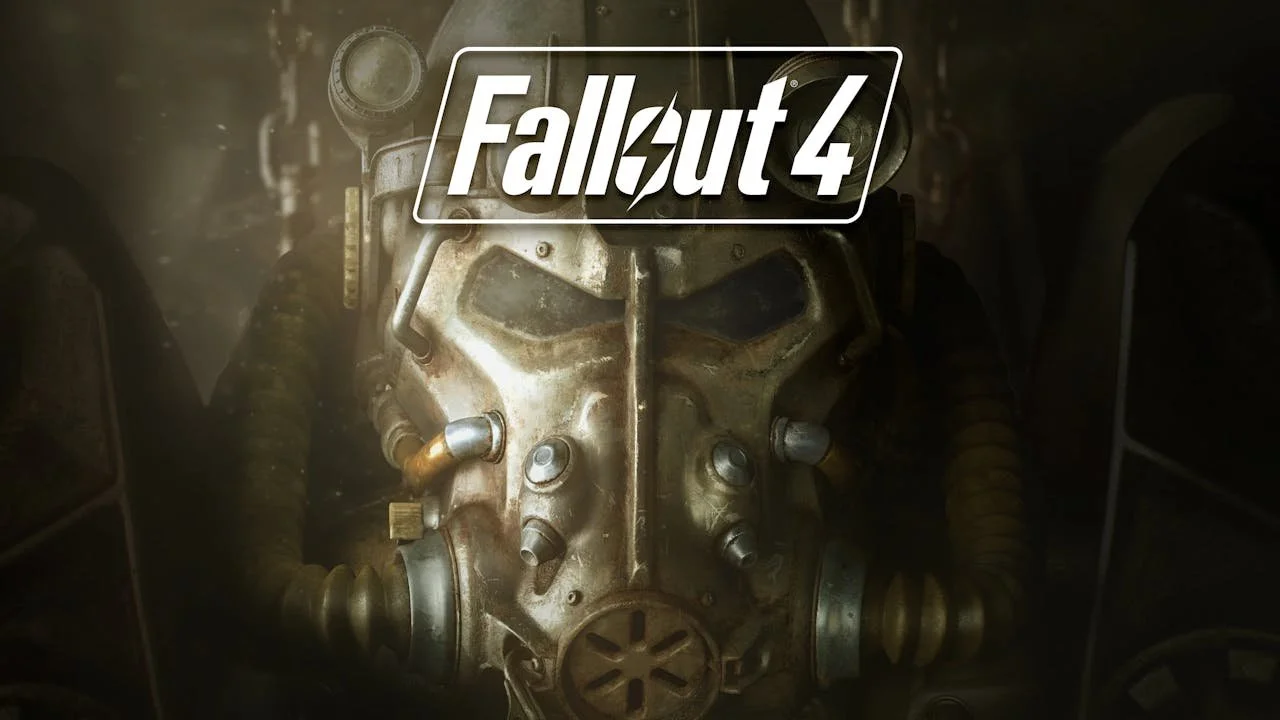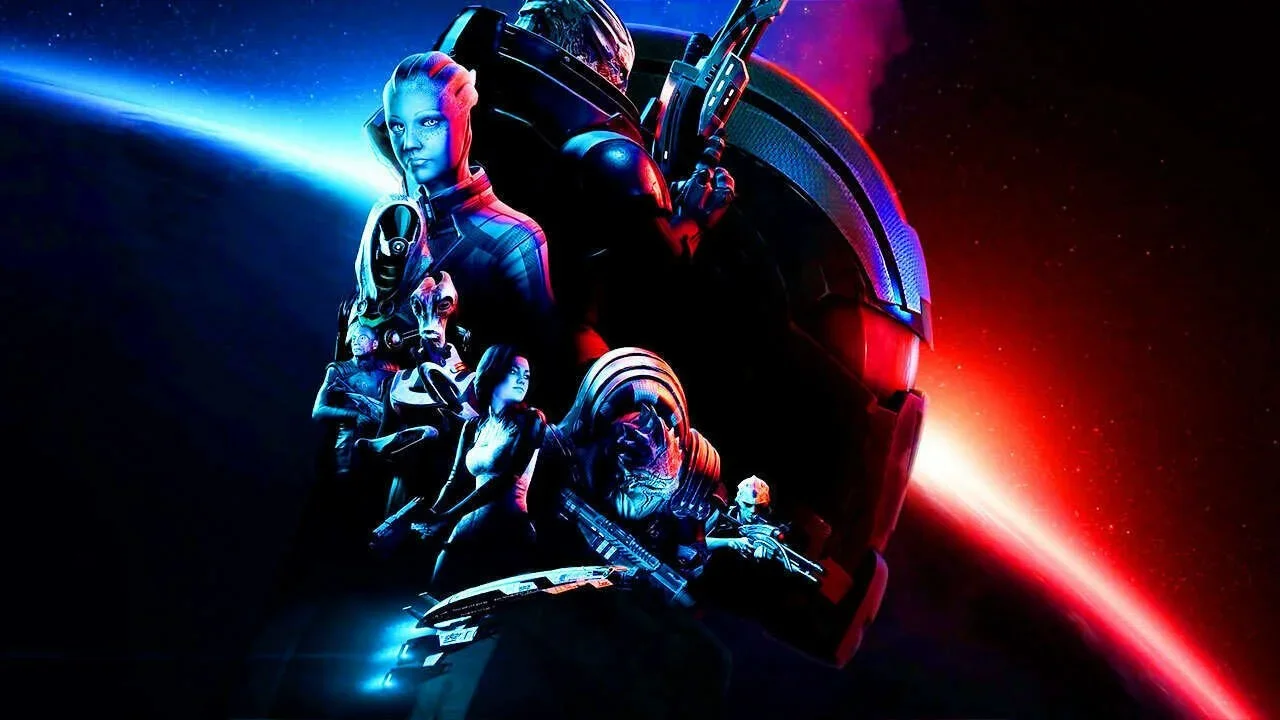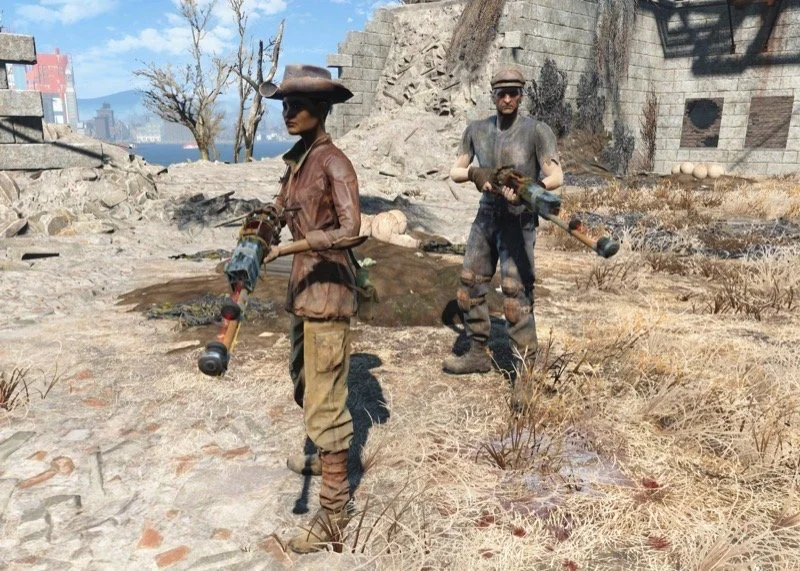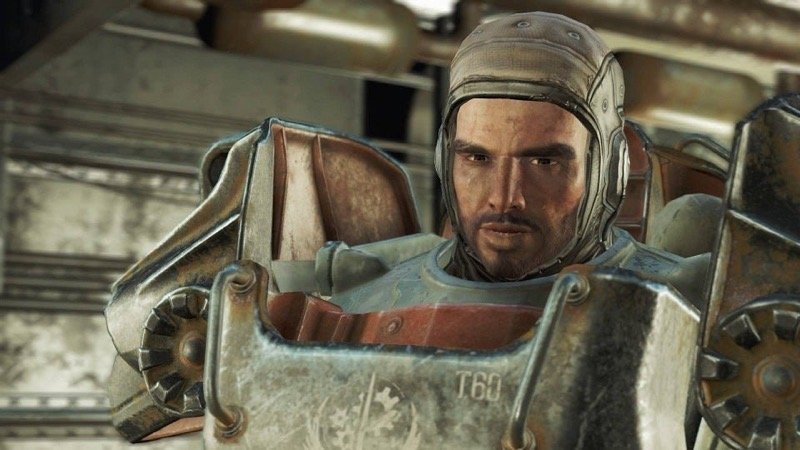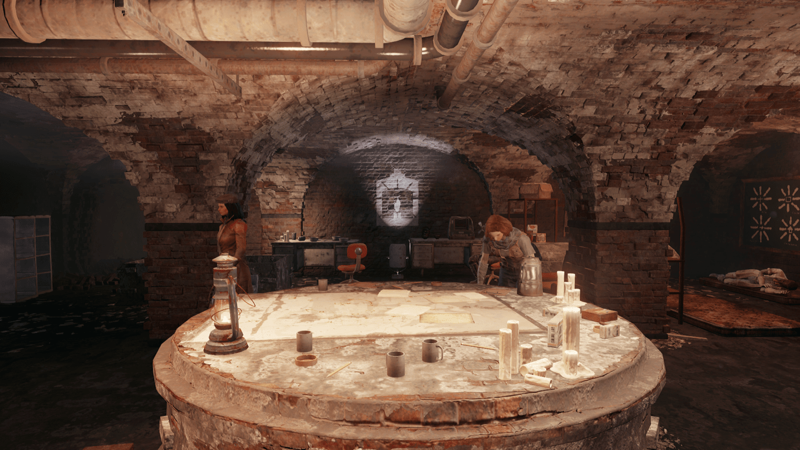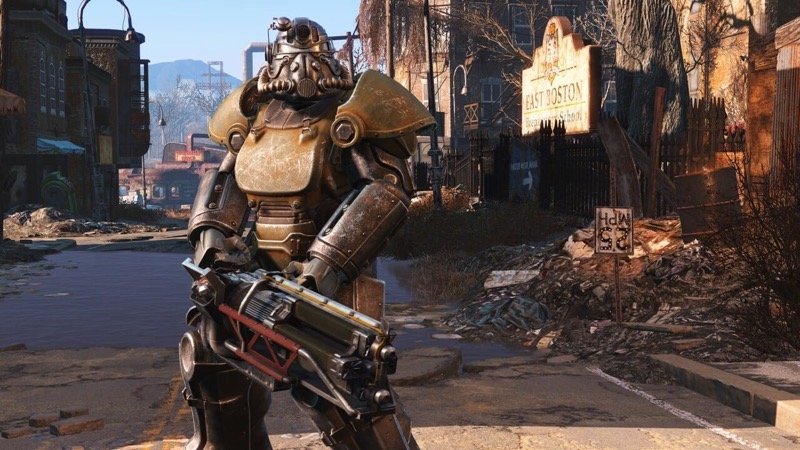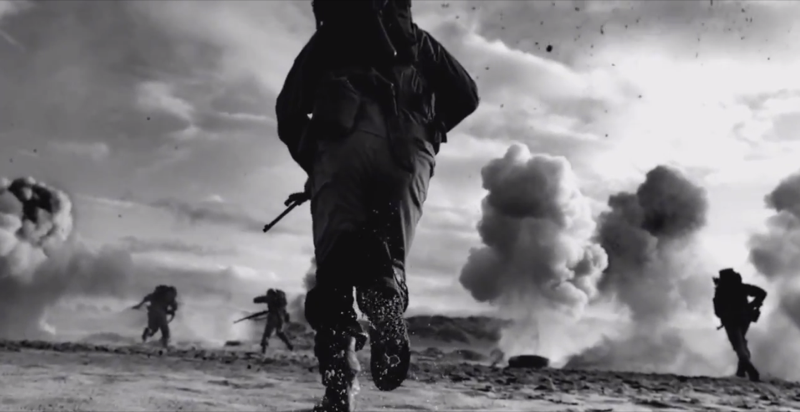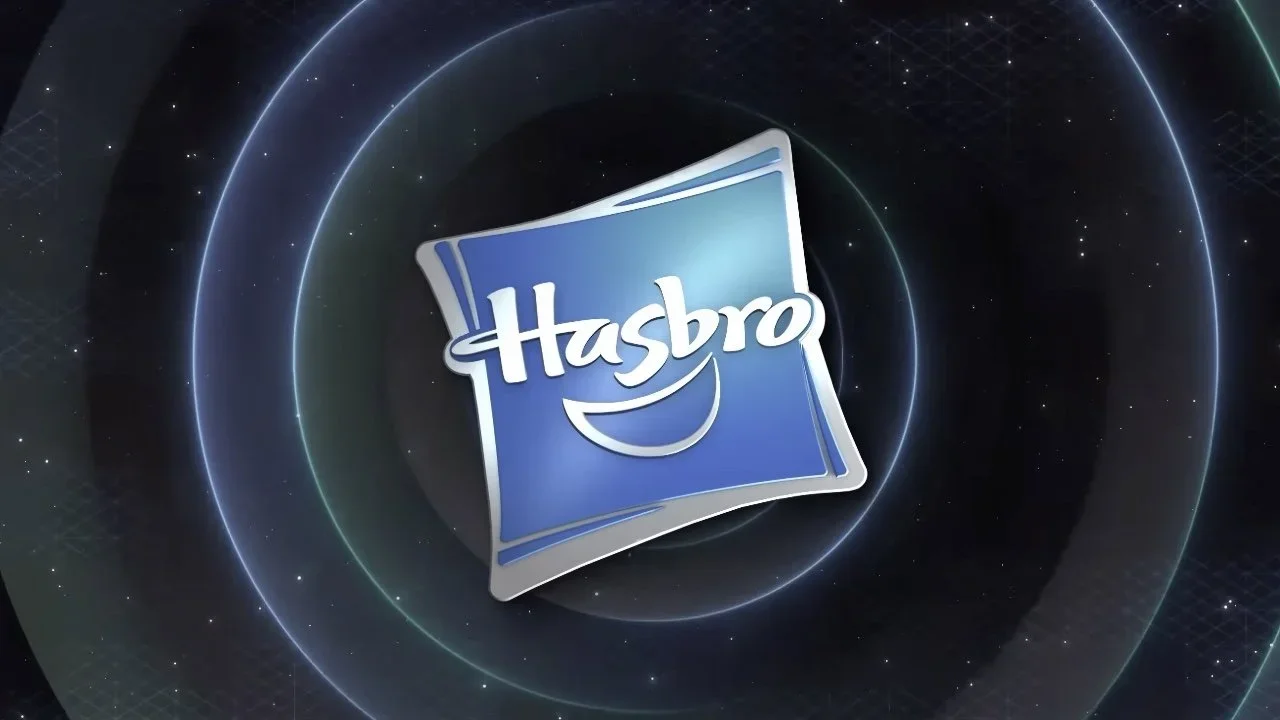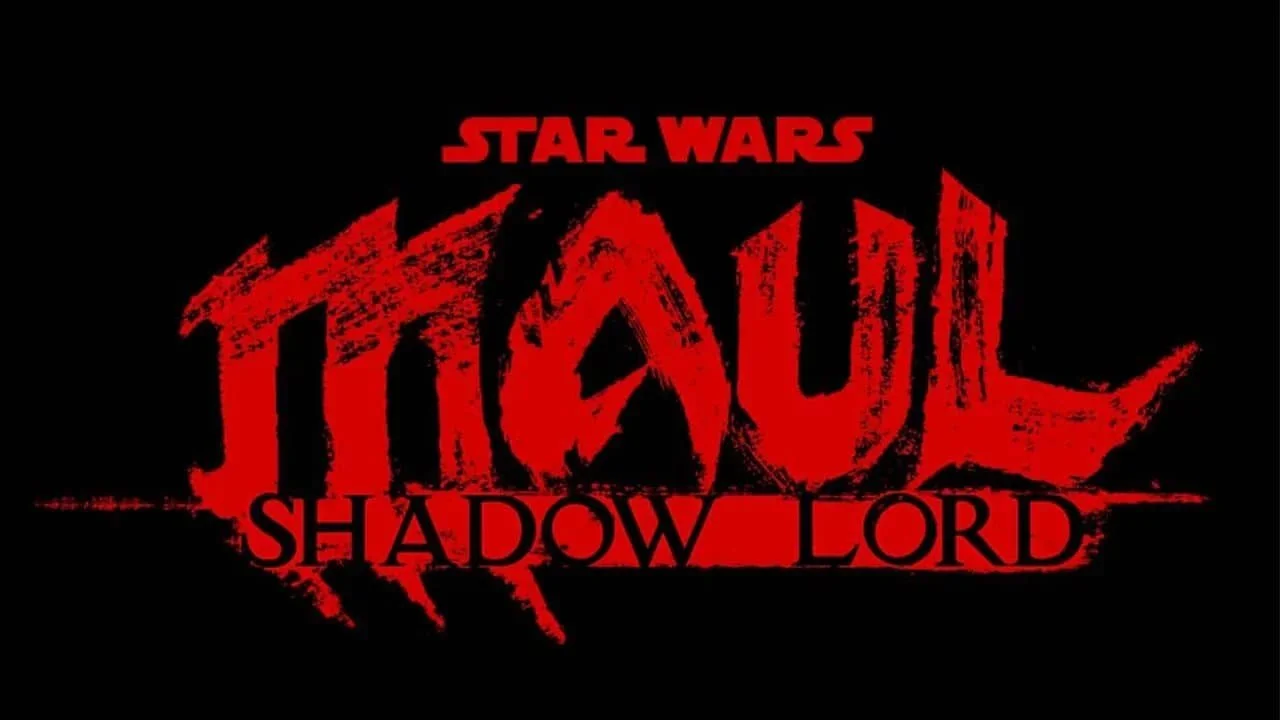Fallout, Boy: A 'Fallout 4' Retrospective
Image Source: Fanatical
Bethesda games have had something of a roller-coaster regarding their reception over the last decade and a half. The early 2000s granted us cult classics such as Fallout 3 and The Elder Scrolls: Skyrim, the latter of which has become a staple RPG on multiple platforms and has more remasters than I have wheels of cheese.
On the other hand, the late 2010s and early 2020s brought us flops such as the critically panned Fallout 76 and the ambitious but lackluster Starfield.
And smack in the middle of this was Fallout 4.
Released in 2015, Fallout 4 was something of an experimental game with somewhat messy but surprisingly functional and often entertaining features and bugs. In the infamous words of then Bethesda CEO Todd Howard: It just works.
(Sometimes.)
RELATED:
Setting
Set in the futuristic post-apocalyptic 50s-esque United States of America, Fallout 4 centered itself back on the ravaged country's eastern coast, this time in historical hotbed Boston, Massachusetts. While Fallout 3 had been set in relatively nearby and ruinous Washington D.C., its sequel was far more liberal in terms of…well, everything, at least on a visual spectrum.
Despite it being the aftermath of near nuclear annihilation, Fallout 4 was far more colorful compared to its predecessor. Be it the broken forests to the south, the constant nuclear thunderstorms to the west, or the crumbling urban jungle of downtown Boston, the game is a riot of colors. The trees and greenery are vibrant, and the buildings, businesses and signs stubbornly maintain their bright, if ash-stained and faded, coloration.
Image Source: Gaming Trend
Furthermore, while it hadn't been a new occurrence in the franchise, Fallout 4 cleverly weaved into its environment and narrative historical landmarks, urban legends and provided near accurate renditions and in-story reinterpretations of both. This ranged from the utilization of the Fenway Park stadium as a small scale city (as well as providing a hilarious and violent new interpretation of what baseball was) to Bunker Hill being used as a heavily defended place of commerce (and later conflict) to the presence of the militia force known as the Commonwealth Minutemen.
And speaking of which…
The Factions
While you are allowed to do what you'd like, as in nearly any RPG, Fallout 4 provides four factions by which you can align yourself with, with accompanying morality, values, aesthetics and equipment:
The Minutemen, the wooden sword of the game.
The Brotherhood of Steel, the xenophobes with a tech fetish.
The Institute, The Dexter's of the post-nuclear age (and yes, both the carton and television show apply).
And the Railroad, the group Harriet Tubman-ing synthetic humans away from the nerds.
Image Source: Fallout Wiki
Or as I like to call them: the good, the bad, the worse and the forgotten.
Each faction by and large had their own self-contained storyline but they would intersect based on your actions and decisions. The Minutemen are the most basic of factions and the first you'll probably meet along your journey. They're your basic good guys, largely loyal and attempting to rebuild themselves after infighting led to their first collapse. They're sort of ever-present no matter which faction you align with, unless you deliberately go out to make enemies of them and wipe them out.
They're also one of the closest you get to a sandbox faction. Fallout 4 cleverly weaves the idea of the Minutemen into the narrative as a device to justify and push exploration and the then new settlement builder system (more on that later), effectively giving you a reason to grow, expand and arm the settlements under your protection, making the Minutemen more effective, and overall better fleshing out the world by more or less building it yourself. Which is something of a double-edged sword; while personally, they are my favorite faction, narratively they are severely lacking in comparison to the other groups.
The Brotherhood of Steel is far more rich in depth, but the comparison really isn't fair. The organization has been a series staple since the very beginning and has had a presence in every entry since. Their history is rich, complex and storied, their weapons and armor are iconic and their characters have personalities and motivations that may or may not align with the Brotherhood at large. The Prydwen is an awesome sight to behold when it rocks up onto the scene, though their near final mission is somewhat disappointing in how it practically copies the same beats from Fallout 3. Still it's undeniably fun, if one can avoid the occasional ruthlessness towards the locals and ignore the ghoul racism.
Image Source: IGN
The Institute aren't as mustache-twirlingly evil as the likes of the big bads in other entries, such as the Enclave or Caesar's Legion but they're also a clear case as to why we need humanities courses in school—as it turns out, a STEM-focused society tends to lean a little heavy on the big red “EUGENICS” button. The brow-raising implications of their catchphrase—“Mankind Redefined”—seem to go over the vast majority of their heads and while their technology is truly awesome the lack of an ethics committee does cause some issues. Kidnapping, murder, torture and unwilling experimentation is merely a matter of the greater good. But…their tech is rather shiny…
And then there's the Railroad…
Moving on.
Okay, that's pretty harsh. The Railroad is pretty interesting in its own right, with a colorful cast of characters, intriguing missions and, as usual, fun and inventive weaponry—the Railroad Rifle is a personal favorite. The Railroad's goal—the freedom of synthetic humans from their Institute masters—is a noble one that is worth pursuing, have no doubt. The only issue is that their concern with the rest of the Commonwealth, compared to the other factions, is minimal. For good or ill, the other three factions will concern themselves with their vision of what is good for the region. In contrast, while their work is interesting, it's far more one-note, limiting their impact in setting, story and fandom attention.
The Story
Well that's all well and good you might say, but what does that have to do with me? With my character and my goals and my playthrough?
Image Source: The Game Fanatics
You play as the Sole Survivor, a victim to one of long-time villainous company Vault-Tec's nuclear vault experiments. Cryogenically suspended, you are briefly awakened long enough to witness the murder of your partner and kidnapping of your infant son by mysterious forces and upon reawakening following a catastrophic failure, tear the Commonwealth apart in search of your child.
It's a very gripping premise that, with emotional voice lines and shocking reveals, can hold the player's interest and intrigue. That being said, it does suffer from “bigger, better, more” syndrome the way many other modern RPGs do. By the tIme you're two hours in, you probably have five other side-quests. By the time you're five hours in, you have twenty. By ten hours, you've probably forgotten the plot.
Other Bethesda games have their own “subtle” way of keeping the player on track. In Fallout 3, the game has a level cap, occasional messages from your father and ends when your story does, encouraging replayability. In Skyrim, there are frequent dragon attacks on the player, reminding you that you are the Dragonborn and technically have a responsibility to end the menace plaguing the region, even if you are elbows deep into the Dark Brotherhood storyline.
Fallout 4 doesn't really have this, which is both a boon and a detriment. It does allow for more time and flexibility in how you play your character, but the stakes feel less weighty, the story's impact begins to falter around the three-quarter mark, and the effect it has on the world around you feels remarkably muted. The game has loosened reins that can make things fun on a technical level, but it sacrifices narrative strength in order to grant this to the player.
Gameplay
Image Source: Pure XBOX
Speaking of which—gameplay. It's great.
Level wise, Fallout 4 lacks a level cap, meaning you have the luxury of doing basically what you please in terms of perks and abilities. It's far easier to add to your overall SPECIAL stats, meaning ability paths aren't locked off to you. You can decide to dedicate yourself to being a gunslinger without sacrificing the ability to smack someone in the face with a pool stick. You can be a shadow, the ultimate stealth master and still lug around and use a Fat Man Launcher without blowing yourself up. Or you can be superhuman, maxing out every stat and perk and becoming the most powerful being to grace the Commonwealth.
Weapons and armor are highly customizable. With the right perks and materials, you can turn armor into a near impenetrable shield between you and the army's worth of flying bullets you'll encounter, or make a barely cobbled together pipe pistol into an unrecognizably powerful rifle. You can develop mines, drugs or somehow roast a two-headed cow steak in the same pot that you make mutant crab soup in.
Furthermore, this applies to the rest of the world. The aforementioned settlement system means that certain areas of the world can be torn down and restructured at will to turn them into impenetrable fortresses and/or sprawling, productive farms. This system is heavily interlinked with the Minutemen faction and their various radial quests but it's not limited as such and you can leave these areas with the bare minimum, ransack them for their resources or aid in developing them into thriving, safe regions of a larger network of humanity.
Image Source: Fragments From The Rim
And of course, the VATS system is peak, can come in clutch and has satisfyingly bloody results. Few images are as fun as exploding a flying grenade in midair slow-mo.
Legacy
Fallout 4's release was to relatively high reviews, despite the more than occasional bug. Its solid visuals, gameplay and okay story meant even those who had issues with the latter were more or less mollified by the plethora of side stories and exploration. The game also was given several DLCs, including the far more expansive Far Harbor.
Many of these bugs would be patched by Bethesda and many of the narrative or gameplay issues people had would spawn fan-made mods, something the developers would quickly capitalize upon, for better or worse. While unofficial mods have been a part of RPG history for decades, they were largely limited to PCs and located across various forums. Bethesda sought to police, consolidate and, of course, profit from these fanworks, offering incentives to creators and charging players on PC and console for their download and use through the Creation Club.
Understandably, this was an unpopular move for many, who saw the Club as a greedy cash grab by Bethesda to profit on the often unpaid labor of people who sought to not only have fun, but rectify the developer's mistakes. Still, Bethesda denied this, persisted and expanded the Club to not only oversee Fallout 4 but the hugely moddable Skyrim as well.
Still, there remained many outside the network who continued to develop and experiment out of passion, including a recently released DLC sized Fallout: London, a half decade long project taking place in the lovingly rendered city of the same name, now all but reduced to rubble post-apocalypse. And given the more recent flop that was Fallout 76, Fallout 4 has risen in acclamation, the nostalgia-laced fondness making even stony hearts grow softer.
Image Source: Fallout Wiki
All in all, if Fallout 4 has avoided your radar thus far, give it a chance (given Microsoft's acquisition of the title, it may be your last chance to play on anything but an XBOX). This franchise has survived numerous battles, both legal and development wise, and while it may have lost a battle or two, one can't say that Fallout 4 is not a grand contribution to the war.
And war…war never changes.
Rating: 9/10
Developer: Bethesda Game Studios; Publisher: Bethesda Softworks; Players: Single-Player; Released: November 10th, 2015; ESRB: M for Blood and Gore, Intense Violence, Strong Language, Use of Drugs; MSRP: $19.99 Standard and $39.99 GOTY Edition on PlayStation 4, XBOX One and Steam.
Review played PlayStation 4
READ NEXT:

